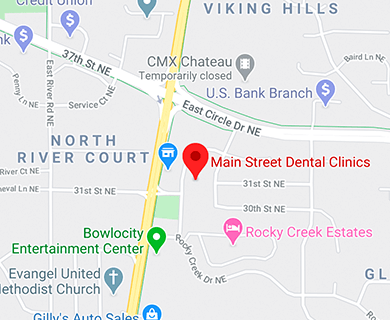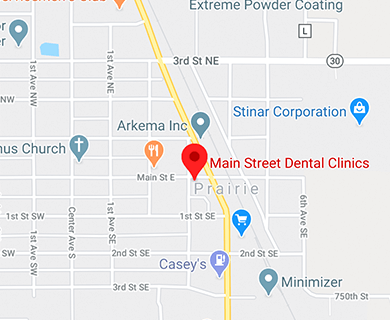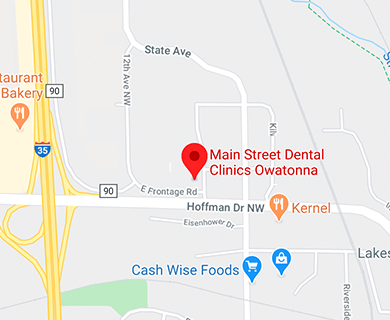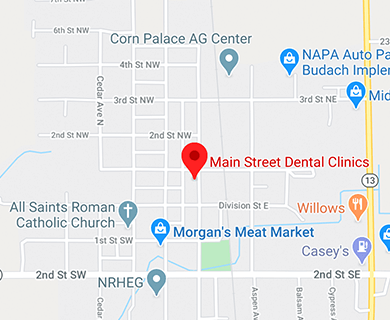The Secret to Fresh Breath
July 10th, 2024

Bad breath: We’ve all dealt with it. You’ve been around people who have it and, like it or not, you have had it yourself. It can be embarrassing and uncomfortable, but how do you know if you have it? There is actually a simple test you can do to see if you have bad breath.
Wash your hands well, then put your finger in your mouth, way in the back. Scrape a little saliva from the back of your tongue, and then dab it on the back of your hand. Wait for one minute, then hold your hand to your nose and sniff. Is it fresh as a daisy? Or do you need to keep reading and learn how to freshen your breath?
How Bad Breath Starts
There are several ways that bad breath starts. Knowing the causes of bad breath is a solid start toward the cure.
- The bacteria in your mouth: Bacteria is always in your mouth. It covers your gums, hides between your teeth, and hangs out on your tongue. As it multiplies, it produces toxins that cause the foul odor in your mouth.
- Your bad habits: If you smoke cigarettes, a pipe, or cigars, or chew tobacco, you are not only harming your mouth and body, you are creating some really smelly breath.
- Your tonsils: If you still have your tonsils, they can be the cause of bad breath. They are pitted, so smelly substances can collect in the pits and lead to bad breath.
- Stomach issues: A stomach virus, ulcer, GERD, and other stomach issues could be the cause of your bad breath. A low-carb diet can put your body into a state of ketosis, which causes very bad breath.
- The foods you eat: Garlic, onion, and other pungent foods will linger with you … on your breath.
Tips for Busting Bad Breath
Achieving fresh breath isn’t difficult, but it does require a little work. Try these tips for fresher breath and a healthier mouth.
- Brush your teeth after every meal. You can also pick up a tongue scraper to use a couple of times a day to remove any lingering bacteria on your tongue.
- Floss once a day to remove food particles between your teeth as well as plaque. Your mouth will thank you.
- Gargle with special mouthwash to banish bad breath. The oxygen in it will kill the bacteria in your mouth that is causing your bad breath, and leave you fresh as a daisy!
- Drink water to avoid dry mouth, which is a common cause of bad breath.
- Ease your tummy troubles with antacids and other remedies. Ginger tea is a great tummy tamer.
- Chew gum that contains xylitol. Saliva keeps your mouth moist, and chewing gum makes you salivate. Bye bye, bad breath!
- Eat yogurt. It contains “good” bacteria that helps balance your gut and gives you a healthier mouth.
- Soothe your sinuses. Sinus infections can cause you to have bad breath. Actually, it is the post-nasal drip that causes the foul odor. Cure the infection and your breath will improve.
- Avoid all tobacco products (cigarettes, pipes, cigars, chewing tobacco, and snuff).
- Eat a healthy diet of fresh fruits and vegetables, lean meats, and whole grains.
And don't forget! Get regular dental checkups at Main Street Dental Clinics.














